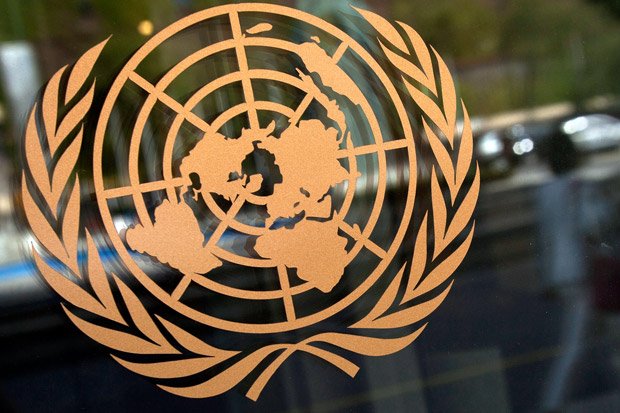
Israel on Friday withdrew from competition with Germany and Belgium in two seats for UN Security Council membership for the 2019-2020 period.
The UN General Assembly, which consists of 193 nations, is scheduled to vote next month to elect five new members of the Security Council, which will be on duty from 1 January 2019.
Israel, Germany and Belgium have to compete for two seats set aside for the Western European Group and others.
With Israel's withdrawal from the nomination, Germany and Belgium currently have no rivals but, to be elected, they still have to get a vote of support of two-thirds of the vote of the General Assembly.
"It has been decided that we will keep moving with our allies to open up the possibility for Israel to realize its right to participate and be fully involved in the decision-making process at the UN," the Israeli mission to the UN said in a statement.
A UN source who does not want to reveal his identity says that Israel withdrew its candidacy because of his chances of winning low.
Regional groups generally agree on the candidates for progress. Fierce competition for seats is rarer.
Each year, the General Assembly elects five new members of the Security Council.
Richard Grenell, who on Thursday was sworn in as US ambassador to Germany, said in March that the United States in the 1990s brokered a deal with countries in the Western European Group and Others to give Israel a chance to run for the Council Security without having to face competitors.
Grenell, who is a US spokesman at the UN from 2001 to 2009, whistled about the case on March 14.
"Israel has been waiting for 19 years! The United States must demand that Europe hold its word," said Grenell.
German diplomats denied any deal was made. The Israeli mission at the United Nations refused to give any statements about Grenell's cursing.
The Security Council has five permanent members with veto power, namely the United States, Britain, France, China and Russia. The council is the only UN body that can make binding decisions, also impose sanctions and permit the use of force.
To ensure geographic representation in membership, the Council provides five seats for African and Asian countries, one seat for Eastern Europe, two for Latin America and the Caribbean as well as two for Western European and other countries.
Indonesia and the Maldives are competing for an Asia-Pacific ration seat for the 2019-2020 period while South Africa and the Dominican Republic are running for rivals to secure two seats for African and Latin American and Caribbean groups.
(dka)